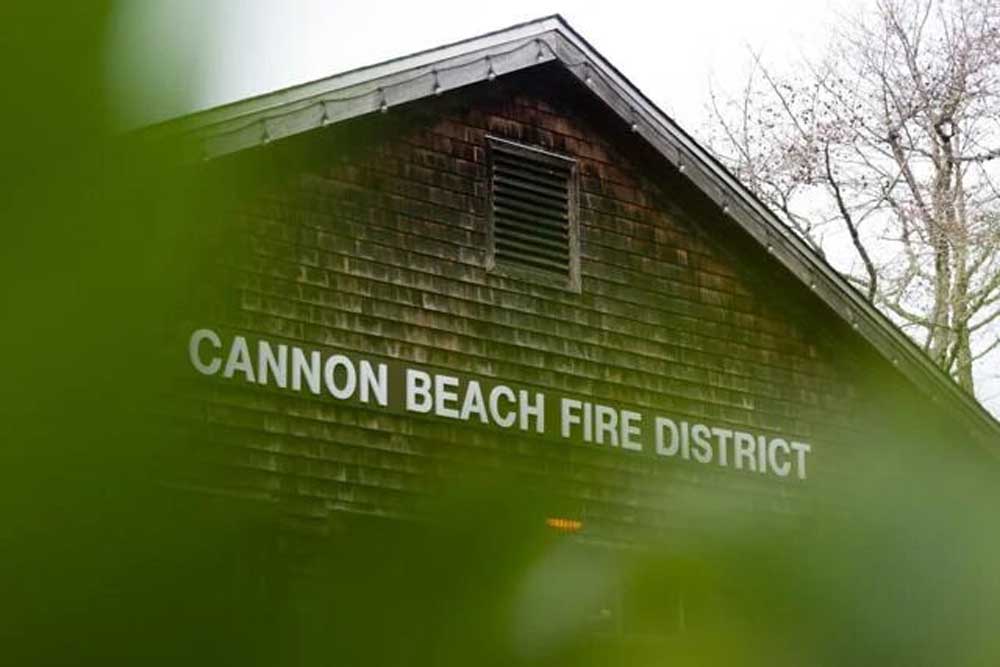New levy would help Cannon Beach fire district
Published 4:15 pm Monday, September 25, 2023

- Fire Chief Marc Reckmann said the new tax rate would be in line with other districts of similar size and needs along the coast.
CANNON BEACH — The Cannon Beach Rural Fire Protection District will ask voters to approve a new tax levy in November.
The five-year levy, which would replace two existing levies, would help continue to fund administrative staff and add three paid firefighters.
The fire district, which serves Cannon Beach, Arch Cape, Cove Beach and Falcon Cove, has one of the lowest permanent tax rates in the county at 35 cents per $1,000 of assessed property value. The permanent tax rate is set when a district is established, which leaves fire districts dependent on voters to approve levies and bonds to keep up with increasing demand for service.
If approved by voters, the levy would cost $1.50 per $1,000 of assessed property value in addition to the permanent tax rate for a total of $1.85 per $1,000. For a home assessed at $420,000, the proposed levy cost would be about $630 per year.
Fire Chief Marc Reckmann said the new tax rate would be in line with other districts of similar size and needs along the coast.
“Our permanent tax rate doesn’t pay for any staff,” the fire chief said. “The one thing it does is pay for general operations. It’s not enough to do anything.
“So we have to have a levy to continue even what we have today.”
In the past, voters have approved two five-year levies that support the fire chief’s position, a second commanding officer and equipment replacement. Voters have also approved a five-year bond for a ladder truck.
Altogether, the total tax is 98 cents per $1,000 of assessed property value.
The new levy would replace and consolidate the expiring levies and bond.
Reckmann said the revenue would immediately support three new firefighters to increase coverage from a minimum of one firefighter on duty 24/7 to two.
The fire district — like other fire departments on the North Coast — has experienced increased calls for service and a decrease in volunteer firefighters. Reckmann said the trend has made it a necessity to have paid firefighters on staff.
The levy will also help build capital reserves for equipment, apparatus and the district building.
Reckmann said the reserve will prevent the fire district from having to go back to voters every time new equipment is needed.
“The intention of the board of doing this is to have a levy that is sustainable that we can renew every five years,” he said.
The fire chief said the fire district is planning a slate of public outreach meetings over the next several weeks to discuss the levy and the fire district’s plans moving forward.



